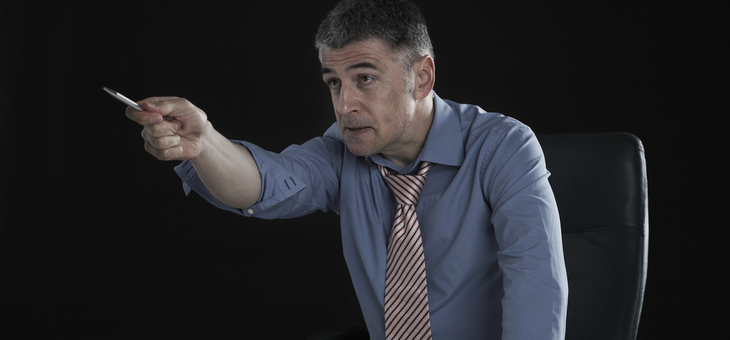As recently as five years ago, almost three quarters of nationally surveyed older Australian homeowners said they had no intention of selling their home in retirement.
A recent survey of 50,000 households by Digital Finance Analytics (DFA) shows 1.62 million households are prepared to sell down their current property within the next five years, with 69 per cent of the prospective downsizers aged between 60 and 70, 17.5 per cent over 70 and 11.6 per cent between 50 and 60.
Downsizing is on the up, it seems, but Upside Realty national director James Kirkland says it may not be happening quickly enough.
He says recent hikes in house prices are largely driven by a lack of desirable properties on the market and that boomers’ unwillingness to move is squeezing out first-home buyers and families.
Read more: Older Australians resist downsizing, preferring home to a move
Research by the Productivity Commission in 2016 found eight in 10 older Australians owned their homes, but almost 75 per cent of them had no plan to sell in retirement.
While baby boomers are often blamed for Australia’s housing affordability crisis, opines demographer Liz Allen, “empty-nesters living in large homes are just a symptom of Australia’s property and policy mismatch”.
“It’s easy to hate the empty nesters squandering the future of Australia,” she writes in the Sydney Morning Herald.
“But hold on to that hatred, because it’s not boomers you need to be angry with. Australia has a housing mismatch.”
Ageing owners attracted to the prospect of higher future sales prices are delaying selling. And a potential ‘nostalgia factor’ makes it more difficult for older Aussies to leave the home where they raised children, says Mr Kirkland, who adds that ‘transactional costs’ are just as big a deterrent to downsizing.
Read more: What stops you from downsizing?
“The high cost of sales transactions and stamp duty urgently needs to be addressed if government is serious about improving affordability and assisting in the nation’s economic recovery,” he told AAP.
Victorian homeowners who pay $680,000 for a home then need to pay a further $35,870 in stamp duty. In NSW, they’d pay $26,032 and in Queensland, $16,450.
“In an ageing population, the percentage of older Australians remaining in homes that are too big for them is still too high,” said Mr Kirkland.
“Governments have to do something to create more liquidity in the market to create more suitable housing.”
Australian Bureau of Statistics (ABS) data shows 49 per cent of Australians live in houses with two or more empty bedrooms.
There are 100,000 of these ‘under-utilised homes’ in Victoria and NSW. In some cases, one person is living alone in an otherwise empty six-bedroom house.
The federal budget is encouraging more Australians to downsize, by allowing them to contribute $300,000 of the windfall to superannuation ($600,000 for couples).
While Mr Kirkland says empty nesters holding on to property is bad for first homebuyers, another property expert says aspiring homeowners may wish to think twice about buying a property at all.
“We’re concerned that the value of home ownership is sort of degraded,” UNSW’s City Futures Research Centre Professor Hal Pawson told news.com.au.
“The ratio of household debt to GDP, that’s been getting bigger and bigger.”
Prof. Pawson says the years of debt and financial pressure associated with homeownership may now outweigh the benefits.
Read more: Older Australians are paying too much interest on property loans
His research reveals that Australians carry some of the largest debts in the developed world because of everyone’s “fervent – and sometimes unfounded – desire to own a home”.
“The benefit for people becoming homeowners is certain to be a lot less than the benefit we’ve seen for people who’ve made the transition 30 or 40 years ago,” Prof. Pawson said.
“Housing prices are far, far above what they were in the `90s.
“One of the reasons there’s so much desperation to be a first homebuyer (is) because the previous generation did so well out of it,” he explained.
“But the unearned financial gains of being a homeowner is not going to be repeated.”
His findings concluded that people who had just bought a place would be “worse off” compared to previous generations.
“Rather, it (the property market) makes some Australians – the affluent and older – better off by making younger and poorer Australians, and also future buyers, worse off,” says the report.
“Almost all retired Australians (at the moment) own their home outright,” said Prof. Pawson, adding that recent trends indicate people nearing retirement age will not own their properties outright.
He said this could lead to more people reliant on the Age Pension, as many future retirees would default on loans or be forced to sell and rent.
Current policies, he said, were designed to help out baby boomer homeowners at everyone else’s expense.
“The housing market is being made to benefit current homeowners,” he said.
Do you agree with any of these opinions? Can you see your children or grandchildren owning their homes at retirement? Do you feel it’s fair for boomers to be blamed for the current housing situation? Why not share your opinions in the comments section below?
If you enjoy our content, don’t keep it to yourself. Share our free eNews with your friends and encourage them to sign up.

